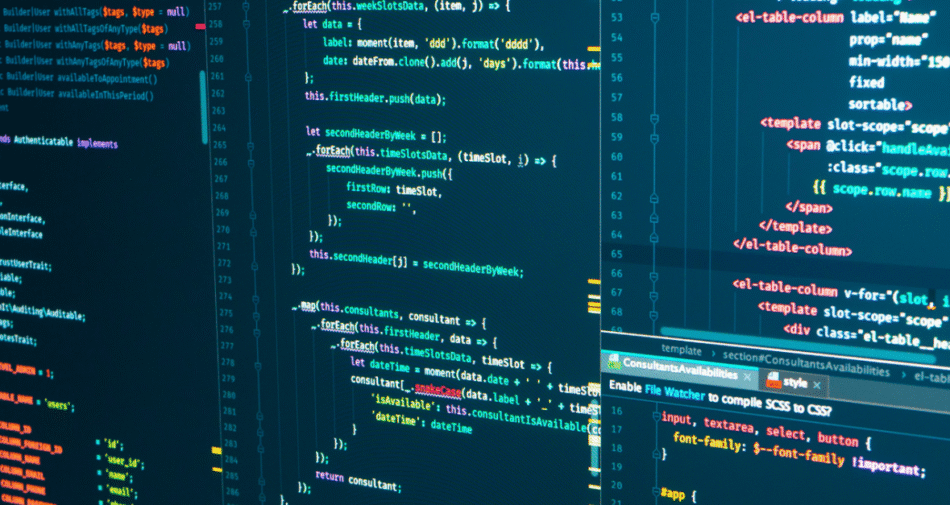Java has long been one of the most popular programming languages, and for good reason. Its versatility, reliability, and widespread use in everything from web development to Android apps make it an essential language for any aspiring programmer. However, simply learning Java syntax isn’t enough; consistent Java coding practice is vital for mastering the language and excelling in coding interviews, exams, and real-world projects.
In this blog, we’ll explore why Java coding practice is crucial for development, offer practical tips to improve your skills, and outline techniques to make the most out of each practice session.
Why Java Coding Practice is Essential
While it’s possible to grasp the basics of Java by reading books or watching tutorials, true proficiency is developed only through hands-on coding experience. The best way to become fluent in Java is by applying what you’ve learned in practical scenarios. Java coding practice helps you:
- Strengthen problem-solving skills: It challenges you to think critically and find efficient solutions.
- Improve speed and accuracy: Regular practice builds muscle memory, which increases both your speed and precision while coding.
- Prepare for interviews: Coding challenges are a staple in technical interviews, so regular practice ensures you’re prepared for any questions related to Java.
- Understand Java’s core concepts: It helps solidify your understanding of Java’s object-oriented programming, memory management, and data structures.
Ultimately, by committing to Java coding practice, you’ll be more adept at tackling complex problems, optimizing your code, and feeling confident in your Java programming abilities.
The Importance of Patience and Persistence
Java, like any other skill, requires time to master. It can sometimes feel overwhelming, especially when you’re faced with difficult problems or concepts. However, the key to becoming proficient is persistence.
Don’t be discouraged by mistakes or slow progress. Each failure teaches you something valuable, and over time, you’ll notice significant improvements in your problem-solving skills and understanding of Java.
Conclusion
Java coding practice is an ongoing journey that requires time, effort, and consistent dedication. By focusing on the basics, mastering object-oriented programming, and practicing algorithms and data structures, you’ll build a strong foundation that will set you up for success in both coding interviews and real-world projects.
Remember, regular practice, patience, and continuous learning are essential for improving your Java skills. Keep challenging yourself, reflect on your progress, and embrace the learning process, and soon, you’ll see the fruits of your efforts.
 WhatsApp Us Now
WhatsApp Us Now








